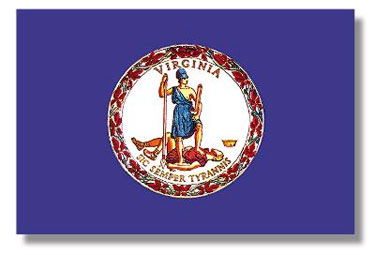The qui tam case against Lance Armstrong has been in the news again recently.
By way of review, the allegations are that Lance Armstrong was (1) taking performance enhancing drugs while (2) being sponsored by the U.S. Postal Service. The fact that Lance Armstrong is involved has of course led to a great deal of media attention and has led to a fair amount of sparring in the press. To regular readers of this blog, of course, most of the arguments made by Armstrong’s counsel are old hat, but those readers not so familiar with the world of the FCA might be confused, so today we will take a look at some of what Armstrong’s lead counsel, Eliot Peters, is saying in addressing the media.
Armstrong’s lawyer, Elliot Peters, stated recently in an interview that “The U.S. Postal Service benefited tremendously from its sponsorship of the cycling team. Its own studies repeatedly and conclusively prove this. The USPS was never the victim of fraud. Lance Armstrong rode his heart out for the USPS team, and gave the brand tremendous exposure during the sponsorship years.” On the other hand the government claims that in fact “any illusory benefit from those times will be swamped over time immemorial by the USPS forever being tied to the largest doping scandal in the history of sports.”
Clearly, passions are running high on both sides….
The actual answer is, it does not matter if the USPS was “damaged” in the traditional legal sense of that word. The federal False Claims Act states that any person who knowingly presents, or causes to be presented, a false or fraudulent claim for payment or approval is liable to the United States Government for a civil penalty of not less than $5,000 and not more than $10,000, … plus 3 times the amount of damages which the Government sustains because of the act of that person. 31 U.S.C.A. § 3729.
There is nothing in the FCA about how those damages are calculated, and that is for a reason.
To fully understand this, one needs to get a bit philosophical here. You see, the integrity of government programs and of truthfulness is something we often take for granted in the United States. Sure, corruption exists here, but it is nothing compared to other countries in other parts of the world. One of the primary reasons we have somewhat less corruption than we might otherwise have is that people by and large respect the government and its institutions.
But that can change, and we do not want that to happen. Simply stated, if you don’t want to agree to the government’s terms, don’t sign the contract.
And the United States most definitely has an interest in keeping kids off of performance enhancing drugs. There has been many a professional athlete that has used the defense of “Hey, I never signed up to be anyone’s role model.” But that is where Armstrong is different — he did sign up, and by accepting the USPS as a client, he took upon himself the imprimatur of the United States Government, the flag, July 4, Apple Pie, etc., and so forth…
In the Lance Armstrong case it clear that the government would not have entered into the sponsorship agreement had it been known that Armstrong was taking performance enhancing drugs. It is also clear that Lance Armstrong promised USPS that he was not taking performance-enhancing drugs….
Whether or not there are actual damages is irrelevant. This is an important point to understand, as in this case, damages would be almost impossible to determine. We will never know with any precision how much financial benefit the U.S. Postal Service reaped from its sponsorship of Armstrong’s cycling team, nor will we know how much, if any, the Postal Service will be financially harmed now that Armstrong’s drug use has come to light.
Nor will we ever know how many kids may now be inclined to use performance enhancing drugs…but none of those things are part of the plaintiff’s case-in-chief.
